The Glasgow-based firm has partnered with Advance Tests to market the first commercially available, blood biomarker test for the detection of early Alzheimer’s in Scotland.
Glasgow-based NeuroClin has partnered with diagnostic testing…

Glasgow-based NeuroClin has partnered with diagnostic testing…

Many of the streaming services offer free trials, so you could sign up to one, binge-watch the shows everyone is talking about and then cancel before you are rolled over into a paid-for subscription. Read the terms and conditions…
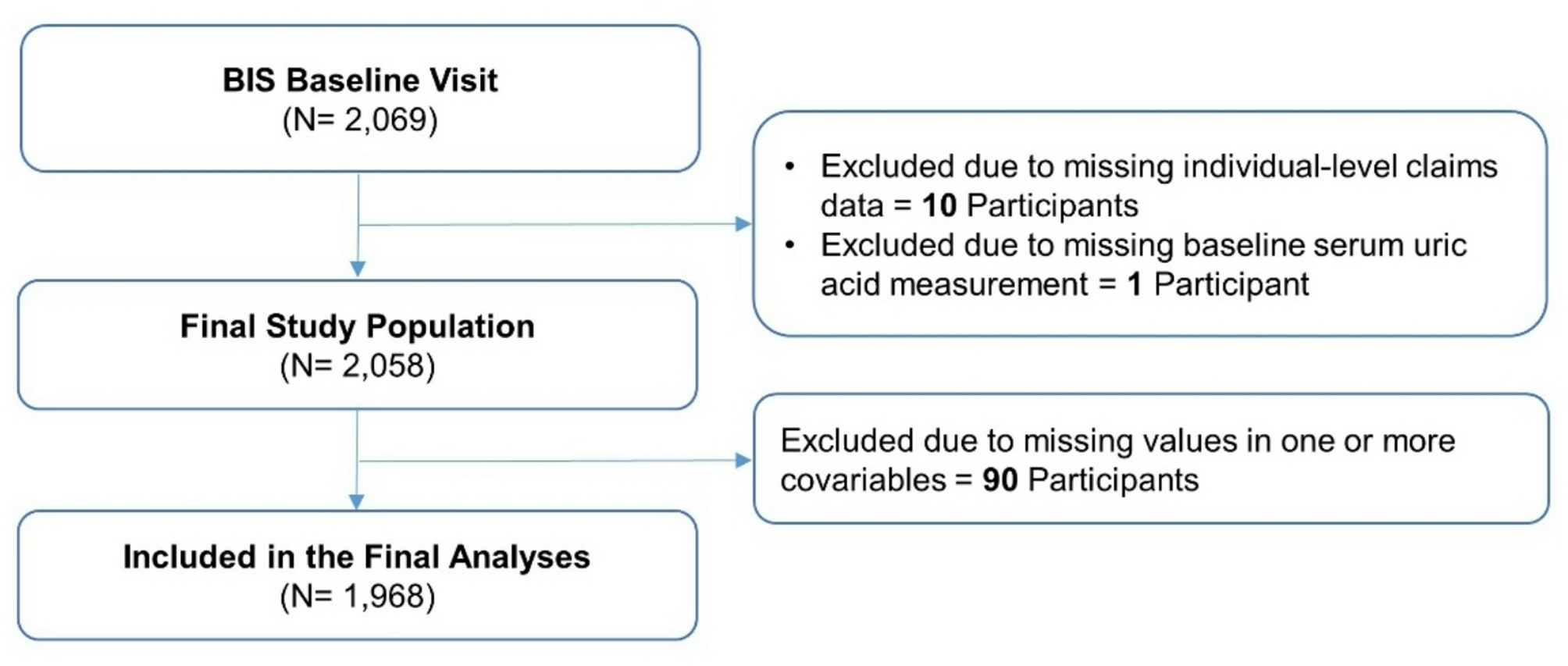
We used data from the Berlin Initiative Study (BIS), a population-based cohort study that was initiated in 2009 to prospectively assess chronic kidney disease (CKD) among 2,069 community-dwelling older adults. Inclusion…
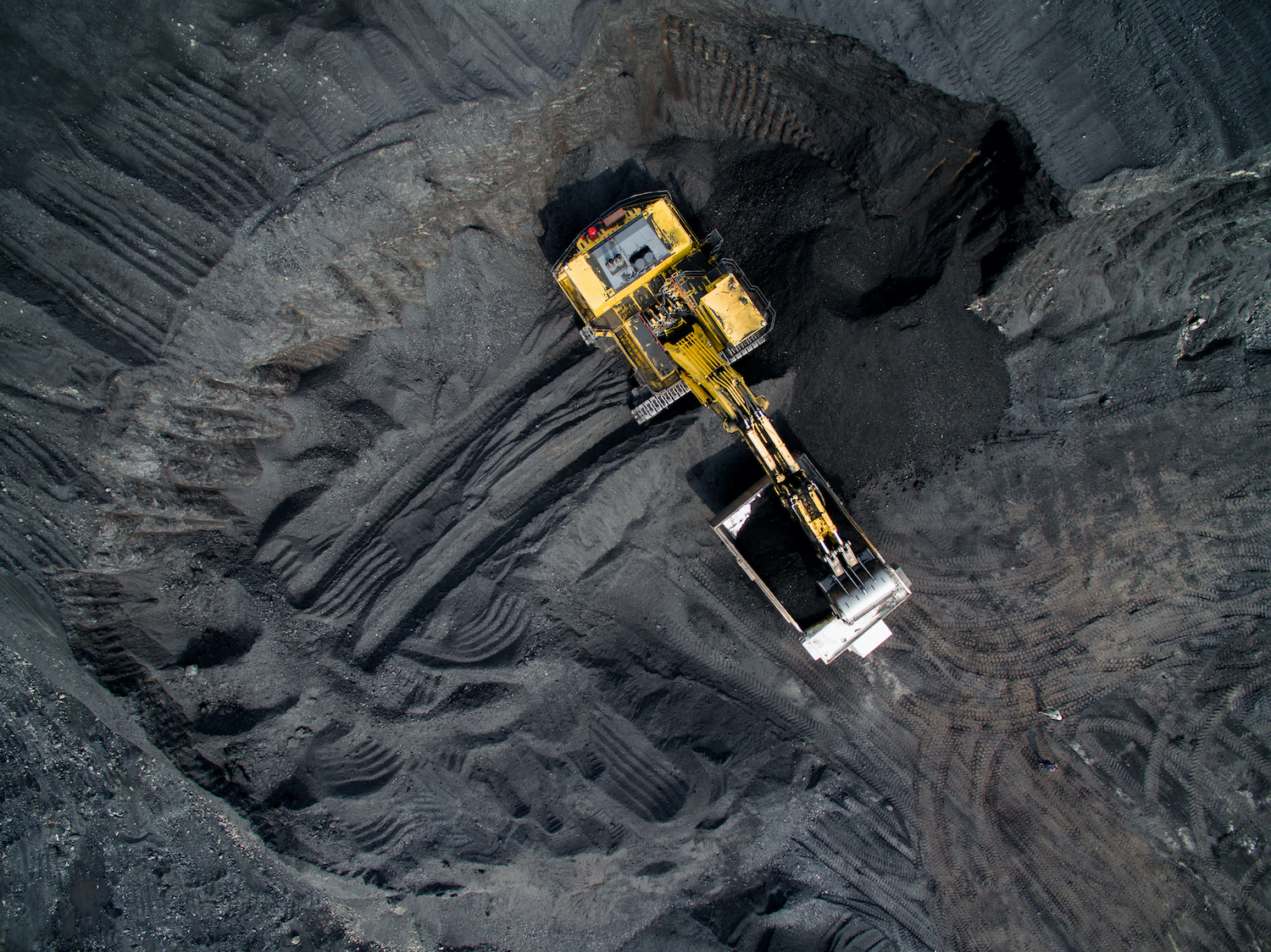
India’s push to build more blast furnaces to meet its growing demand for steel raises a critical concern: It will result in increased imports of metallurgical coal. Industry leaders highlighted the risks of such import reliance at the Indian Steel Association’s Coking Coal Summit in September.
India is currently dependent on imports for around 90% of its metallurgical coal needs, and in the first eight months of 2025, nearly half of it came from a single country—Australia.
Statements from Australian coal miners have indicated that the energy security risks for India are on the rise.
Australia is by far the world’s biggest exporter of metallurgical coal—which includes coking coal and pulverised coal injection, both used in blast furnaces—with most of its production based in Queensland. However, data analytics firm Wood Mackenzie, warns that Australia requires over 100 million tonnes per annum of new hard coking coal (HCC) mine capacity by 2050 to avoid a supply shortfall.
A factor threatening to worsen this shortfall is Queensland’s contentious progressive royalty regime, introduced in 2022, under which royalty rates increase with the price of coal.
In recent weeks, major Australian met coal miners reported their financial results, taking the opportunity to highlight how Queensland’s royalty rates are deterring investment in new mine capacity.
Long-term met coal investment in doubt
Two of Australia’s key suppliers to India—BHP and Whitehaven Coal—have been vocal in their criticism of Queensland’s royalty regime.
BHP, the world’s largest mining company and Australia’s leading met coal exporter through its BHP-Mitsubishi Alliance (BMA) joint venture, is a critical supplier to Indian steelmakers. A previous company statement disclosed that 40% of the company’s met coal exports go to India.
On the royalty regime, BHP has made its position clear. In its latest company statement, CEO Mike Henry said BHP will “not invest any growth capital in Queensland, both for cost and risk”, adding that the royalty hike means the state is “no longer investible” for long-term projects.
In its most recent Economic and Commodity Outlook, the company reinforced this position, noting that “new seaborne supply will increasingly be challenged as Queensland’s royalty and approvals environment remain unconducive to long-life capital investment”.
Paul Flynn, Whitehaven’s CEO, has voiced similar concerns, emphasising that Queensland’s royalty regime is already diverting capital into New South Wales (NSW). However, with production in NSW dominated by thermal coal, this shift risks restricting future investment in met coal capacity—a concern for India.
Another met coal producer in Australia, Peabody, also hit out at the royalty regime. In late August, its chief financial officer Mark Spurbeck said, “With some steelmaking coal producers in Queensland struggling and even failing at current prices, the royalty structure is out of touch with industry fundamentals.”
Meanwhile, the Queensland government has ruled out changes to the coal royalty scheme.
Solutions for India—beyond Australian coal
According to S&P Global, India received 54.5 Mt of coking coal in the January-August 2025 period. Of this, Australia supplied 26.4 Mt (49%), while Russia supplied 13.3 Mt (24%), the US 6.7 Mt (12%), and Mozambique 4.2 Mt (8%).
Aware of the mounting energy security risks, India is exploring new routes to diversify its coking coal supply. Since 2020, Russian coking imports to India have surged from 4 Mt (around 7%) to 16 Mt (22%) in 2024—a four-fold increase in as many years. Over the same period, Australia’s share of imports fell by 40%, while other countries, such as the US, Mozambique, and South Africa, strengthened their presence in the Indian market. And though India is broadening its supply base, obstacles remain. For instance, new trade routes are not always viable. Take the case of JSW Steel, which had to recently pause its plans to source coking coal from Mongolia due to logistical hurdles.
To manage supply risks, India’s steelmakers are investing in overseas mines while also scaling domestic production under the government’s Mission Coking Coal. The government initiative has led to an increase in production from 44.79 Mt in FY21 to 66.47 Mt in FY25, with an aim of 140 Mt by 2030. However, very little of the current domestic production meets industrial specifications, notes a new report by EY Parthenon and the Indian Steel Association. As a result, overall these steps will help reduce dependence on Australia but not eliminate it completely.
In the long run, India must cut its reliance on coking coal and consider alternative technology routes. The government is already developing a scheme to incentivise secondary steel producers to recycle scrap steel in electric arc furnaces (EAF), which can reduce reliance on met coal. Further, India can invest in green hydrogen-based direct reduced iron (H₂-DRI) in the longer-term.
The future use of domestically produced green hydrogen has the potential to be a major energy security windfall for India’s fast-growing steel sector.
This article was first published in The Hindu Business Line.
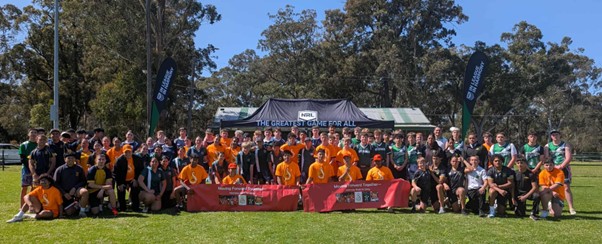
Scattered around the relaxing fields of Appin Park on Sydney’s urban fringes, six high schools from NSW have come together to complete their spring course in the National Rugby League’s (NRL) In League in Harmony…
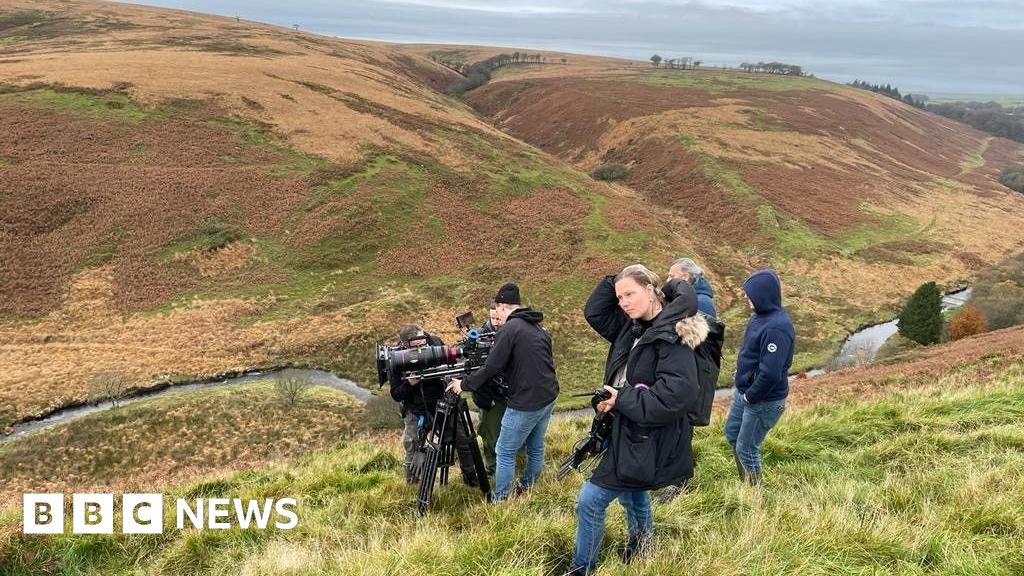
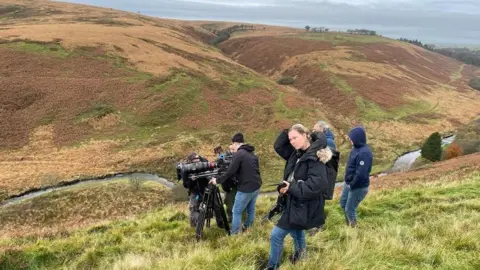 Bulldog Film Distribution
Bulldog Film DistributionFilms and television productions, including The Salt Path and 28 Years Later, have helped boost Somerset’s economy with millions of pounds worth of investment.
Continue Reading
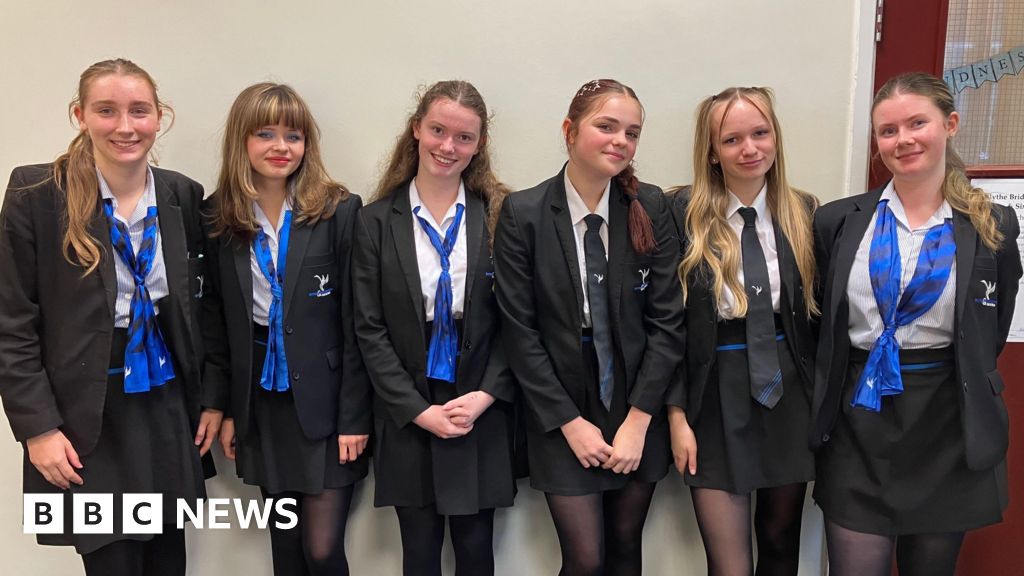
Ethan Saundersin Blythe Bridge
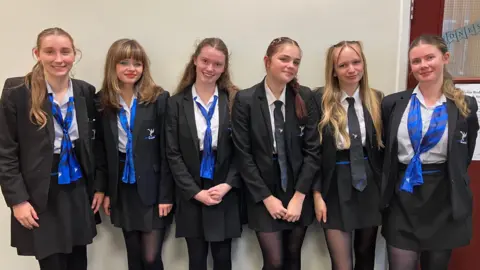 BBC
BBCA group of students are having an app developed to help break down the barriers around mental health for young people.
It comes after the teenagers, from Blythe Bridge High School in the Staffordshire Moorlands, won a competition put on by suicide prevention charity the Oli Leigh Trust.
Their app, Mindful Mondays, hopes to break down the barriers that young people face around their mental health.
Sophie Hodgkinson, who is 15 and one of the female students behind the idea, said: “A lot of people struggle with it silently and don’t feel like it’s ok to talk about it. There’s a lot of negative stigma around it.”
Tilly Hyatt, also in the team of six, felt it was better the idea came from young people as adults might not fully understand the pressures facing teenagers.
She said: “We know what causes the stress and how to help it.”
The app hopes to offer a safe space for students to talk anonymously about their mental health, while also giving them challenges to help improve it.
“It will build towards having the positive foundation, so people can be happier, focus better in school and help in small increments to have better mental health in the future,” said Anneliese Costain, another member of the team.

Kristopher Knight teaches science at the school and feels issues with mental health are one of the biggest problems facing schools.
He said: “We are seeing students not attending lessons and a lot of this is about a lack of provisions in and out of schools, because of external factors such as funding.”
“We are not professionals [when it comes to mental health], we are there to support students but our main priority is being in the classroom to teach them,” he added.
Asked about what he thought of the idea the girls had come up, with Mr Knight said he was proud of what they had achieved.
“Any support we can throw out to our students, and any small things they can do themselves or talk to parents about can only be a positive thing,” he added.
“I couldn’t think of anything better to champion than young people’s mental health.”
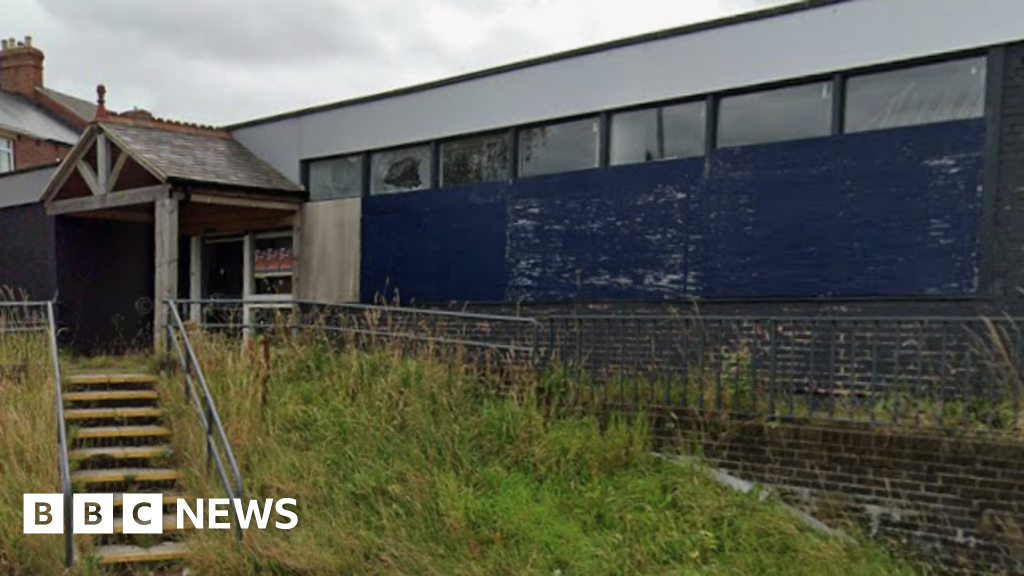
Pamela BilalovaNorth East and Cumbria
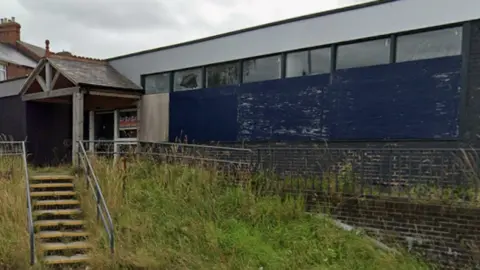 Google
GoogleA former library will be turned into a community gym aiming to boost people’s mental health.
The empty building, on High Street in Stanley, County Durham,…

Under the agreement, Ovolo retains brand and operational control of the hotels whilst exclusively partnering with Wyndham for distribution and to pursue franchised growth opportunities throughout the Asia Pacific region. The five hotels – one in Hong Kong and four across Australia – will be integrated into Wyndham’s global sales, marketing and distribution platforms, including its 120 million-member Wyndham Rewards loyalty programme.
Hong Kong-based Ovolo is an independent hospitality company known for its innovation and disruption, owning and operating a collection of award-winning and individually designed lifestyle hotels and serviced apartments. Wyndham Hotels & Resorts is the world’s largest hotel franchising group by number of hotels, with over 9,200+ hotels in over 95 countries on 6 continents.
The cross-border WFW team that advised Ovolo was led by Sydney Hotels & Hospitality Partner Robert Williams, supported by Sydney Corporate and M&A Consultant Chris Greiner and Singapore Corporate Associate Meryl Tan.
Robert commented: “We are delighted to have supported Ovolo on this innovative and transformative transaction, which reflects the growing appetite for experiential travel and the increasing relevance of lifestyle brands in the global hospitality landscape. This transaction highlights the focus even the biggest global players have on genuine lifestyle brands and platforms, and WFW’s continued commitment to supporting hospitality entrepreneurs and ventures break the mould across the Asia Pacific region and beyond”.